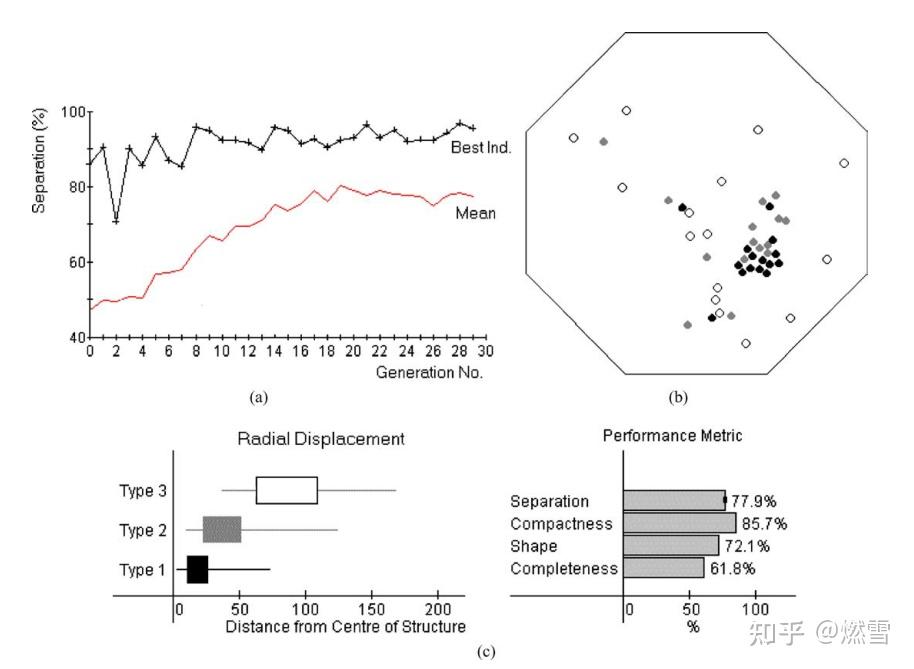|
In recent years, there has been a growing concern about the environmental impact of human activities. The excessive use of fossil fuels and the release of greenhouse gases have led to climate change and other ecological problems. To combat these challenges, green technology has emerged as a promising solution. This article explores the concept of green technology and its potential to create a more sustainable future. Green technology, also known as clean technology or environmental technology, refers to the development and application of innovative solutions that minimize the negative impact on the environment. It encompasses various sectors, including energy, transportation, waste management, and agriculture. The primary goal of green technology is to promote sustainability by conserving resources, reducing pollution, and mitigating climate change. One significant area where green technology has made significant strides is renewable energy. Traditional energy sources such as fossil fuels are finite and contribute to pollution. In contrast, renewable energy sources like solar, wind, and hydroelectric power are clean, abundant, and inexhaustible. The adoption of renewable energy technologies not only reduces greenhouse gas emissions but also enhances energy security and creates job opportunities. Another aspect of green technology is energy efficiency. By developing energy-efficient appliances, buildings, and transportation systems, we can reduce our overall energy consumption and lower carbon emissions. For example, LED lights consume less electricity compared to traditional incandescent bulbs, while smart thermostats optimize heating and cooling based on occupancy patterns. Such innovations not only save money for consumers but also contribute to a greener planet. Transportation is a major contributor to air pollution and carbon emissions. Green technology offers sustainable alternatives, such as electric vehicles (EVs) and public transportation systems powered by renewable energy. EVs produce zero tailpipe emissions, reducing air pollution and dependence on fossil fuels. Furthermore, advancements in battery technology have improved their range and charging infrastructure, making EVs a viable option for everyday transportation. Waste management is another crucial area where green technology plays a significant role. Traditional waste disposal methods, such as landfilling and incineration, contribute to pollution and release greenhouse gases. Green technologies like recycling, composting, and waste-to-energy conversion help minimize waste generation and promote resource recovery. These approaches not only reduce environmental impact but also create economic opportunities in the form of recycling industries and sustainable waste management practices. In agriculture, green technology aims to make food production more sustainable and environmentally friendly. Techniques such as precision farming, hydroponics, and vertical farming optimize resource utilization, minimize water usage, and reduce the need for synthetic fertilizers and pesticides. By implementing these practices, we can protect ecosystems, preserve biodiversity, and ensure food security for future generations. Green technology holds immense potential to address the pressing environmental challenges we face today. However, its widespread adoption requires collaborative efforts from governments, businesses, and individuals. Governments must provide incentives and regulations to promote the development and use of green technologies. Businesses should invest in research and development to drive innovation in clean technologies. Individuals can contribute by adopting eco-friendly practices, such as energy conservation, waste reduction, and sustainable consumption. In conclusion, green technology offers a promising path towards a sustainable future. By harnessing renewable energy, improving energy efficiency, transforming transportation, revolutionizing waste management, and innovating in agriculture, we can mitigate climate change and protect our planet's resources. Embracing green technology is not just an environmental necessity; it is an opportunity to build a greener, cleaner, and more prosperous world for future generations.  |
